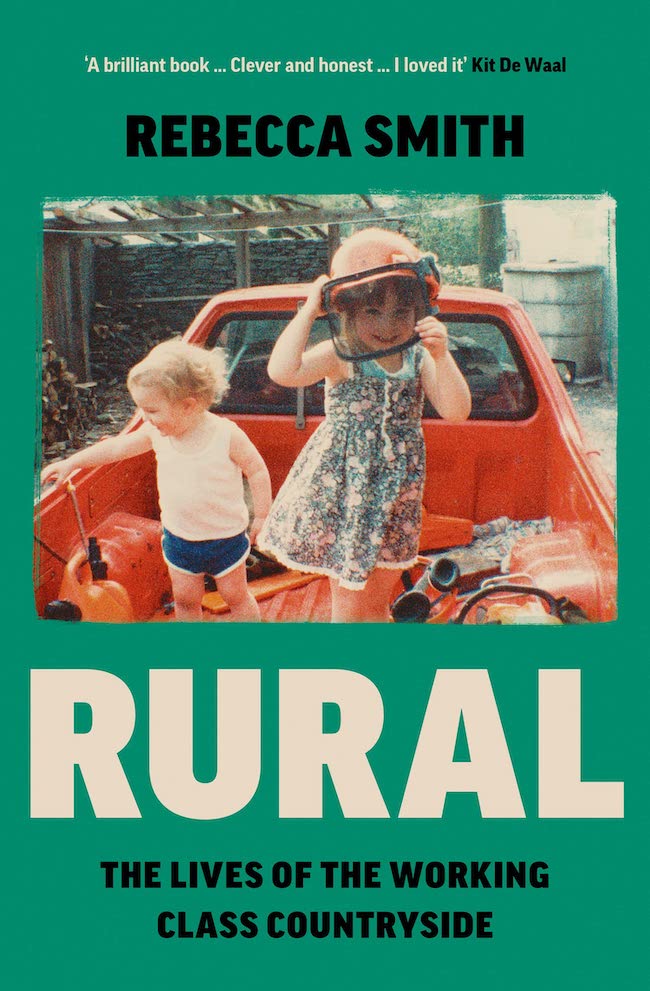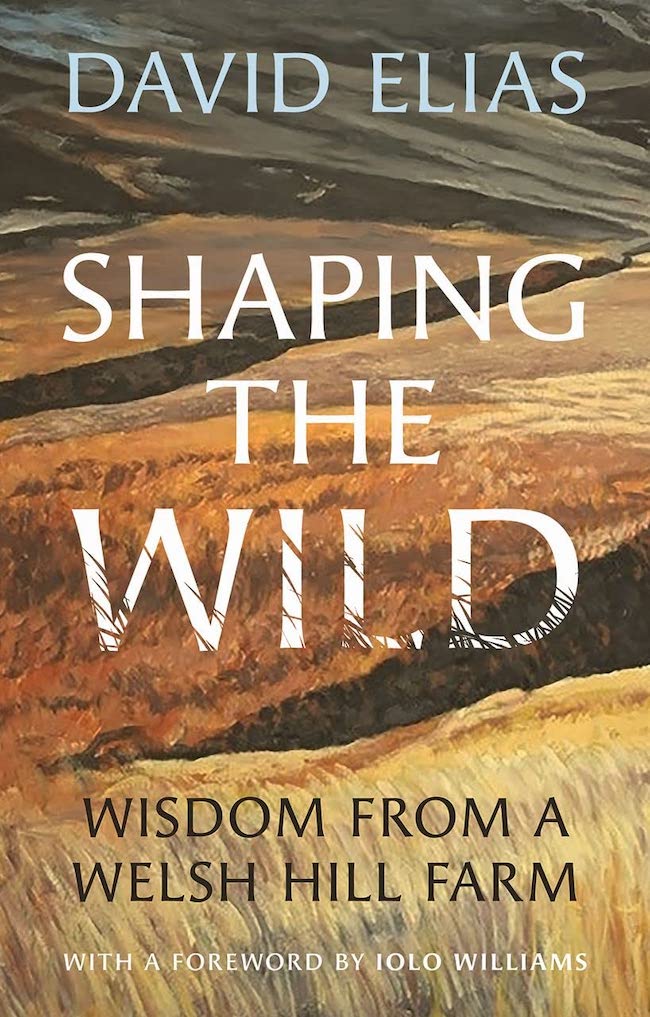

In the 1870s, the Manchester Corporation Waterworks made plans to buy two small Cumbrian lakes, Wythburn Water and Leathes Water, and the surrounding land, to build a reservoir. The city desperately needed access to clean water for its burgeoning industrial population. But it met with virulent opposition: Octavia Hill, later co-founder of the National Trust, set up the Thirlmere Defence Association. John Ruskin went so far as say he thought Manchester itself “should be put at the bottom of the Lake of Thirlmere”.
The city won. But the controversy was, Rebecca Smith writes in Rural, her thoughtful new study of working class rural life, “the first example of people mobilising against the threat of industrialisation to the natural world”. More than that, it illuminates the key themes of her book: who is the countryside for; what do we mean when we talk about ownership of land; who gets to decide what is best for the land and those whose livings are tied up in it. For whose benefit, for whose aesthetics, for whose utility, is the landscape worked?
Behind those themes, lies another: the hidden, or forgotten, labour that has gone into the making of the landscape. Smith is alert to the fact that when we aestheticise the countryside we mistake natural beauty for something has been largely shaped by human labour; and, because we define that beauty as belonging to nature, we fail to value that labour and, by extension, the lives and livelihoods of working people who live on the land today. Over 500 men built the dam at the head of Thirlmere’s valley; some 3,000 built the 100 miles of tunnels and pipelines feeding water to the city. The men and their families were housed in three camps on the valley floor. It seems entirely apt that the sites were swallowed up by the reservoir itself, all trace of the men’s existence erased by the thing they laboured to create.
Rural is in part a memoir, tracing Smith’s family ancestry among such labourers, in her case miners and canal diggers in the East Midlands, while reflecting on both her own childhood and her hopes for her children. Smith, who now lives in Scotland, grew up on three estates – in Yorkshire, Bedfordshire and Cumbria – on which her father worked as a forester. The last, spread over 500 acres, was the most formative; the family lived in a tied cottage. Then the owner decided he didn’t need a full-time forester, and Smith’s father was laid off. He became self-employed; the family didn’t move home, but they began paying rent.
Such transitions, from security to insecurity, are part and parcel of the modern rural working class experience. Until quite recently, up until the 1980s, farmers might enjoy a three-generation tenancy; as well as the security it brought, such an arrangement allowed tenants to plan properly and make long term investments – financial and emotional – in the land. These days, tenancies might only be for five years, and when they come up, there might be 50 or 60 applicants for each.
Life for young farmers is precarious, highly competitive and poorly paid, a trifecta of misery, stress and disappointment. The National Trust, with 250,000 hectares of farmland one of the largest landowners in the country, is a notable culprit. “They simply don’t look out for the communities as much as they should anymore,” Smith writes. There is more money in self-catering and holiday lets than in renting farmhouses to actual farmers.
The challenges of farming – and specifically sheep farming – also form the subject of David Elias’s Shaping the Wild, a precisely and vividly observed exploration of the tension between agriculture and conservation as it plays out over seven years in the life of one hill farm, Craig-y-tân, in Snowdonia.
Elias is a English conservationist who has lived in the area for some 35 years. Despite this, and despite marrying a Welsh woman and bringing up their children to speak Welsh, he is still regarded as something of an outsider there. It it typical of his generosity of mind that he understands this: “If your family have worked a piece of land for generations, then I have only just arrived,” he notes. For families like that of Hywel Jones, who farms Craig-y-tân, the landscape is part of their identity, akin to the Welsh language itself, and their understanding of the land embodies the accrued experience of generations.
But Elias is doubly an outsider, because conservation is viewed with such suspicion by the local farming community: something that, as he says of rewilding, is “promoted by an English-speaking urban elite” who simply don’t understand the realities of rural life. Elias notes one agri-environmental scheme that saw the farm’s woodland fenced off, with grazing only allowed in the summer. Ten years later, summer grazing was forbidden and winter grazing permitted instead. He is sympathetic to Jones’s cynicism about the expertise such an about-face represented. “Hill farmers have been refining and evolving their land management for hundreds of years,” he writes. “Conservationists can’t claim much more than fifty.”
But like Smith, Elias is ultimately concerned to bring the centre and the margins together, to identify a future for those who live on the land that brings together financial viability, local identity and the kind of long-term environmental equities that can only be driven from a national, if not global, perspective. Both books offer unsentimental, clear-sighted accounts of the realities of rural life. And both emphasise the deep knowledge, resourcefulness and intelligence required to work the natural world, whether in farming, forestry or other trades – and how often such qualities are ignored by those making decisions.
If you grow up rural, the landscape isn’t mere property to be disposed of, particularly from afar. In Elias’s words, you are part of “a tradition where people belong to places rather than places belonging to people”. The profound tenacity of that belonging is, in different ways, at the heart of both these books. It is hard not to be moved, hearing it given such eloquent voice.
This review first appeared in the July 2023 issue of Literary Review.